Dr John McDermott

Clinical Geneticist, University of Manchester, United Kingdom
Talk Title: Developing an Interoperable and Scalable Platform for the Implementation of Pharmacogenetics in the NHS
Dr John McDermott is a Clinical Geneticist and an NIHR Doctoral Research Fellow at the University of Manchester. He was appointed as the UK’s first Academic Clinical Fellow in Genomic Medicine in 2016. Working at the Manchester Centre for Genomic Medicine (MCGM) his research focuses on the application genetic and genomic technologies in the acute and everyday healthcare settings. As part of the Newman Laboratory he was awarded funding from the National Institute for Health Research (NIHR) to undertake the world’s first trial of a genetic test in the acute setting to avoid hearing loss in neonates. The Pharmacogenetics to Avoid Loss of Hearing (PALOH) trial and other similar projects require extensive collaboration between industry, academia and clinicians. This collaborative approach is encouraged at the MCGM and in 2018 Dr McDermott was awarded the NIHR Clinical Research Network award for outstanding contribution to UK research. In 2015 Dr McDermott was a visiting scholar at the MIT and Harvard Broad Institute where he first worked with large “multi-omic” datasets. In 2018 he was awarded the Vienna Medal by the European Society of Human Genetics for his translational research. He is a University of Manchester alumnus and is passionate about the unique opportunities for population health research across the region. Dr McDermott is currently an NIHR Doctoral Research Fellow, investigating models for implementing pharmacogenetics within the NHS. (@John_H_McD)
Professor Aroon Hingorani
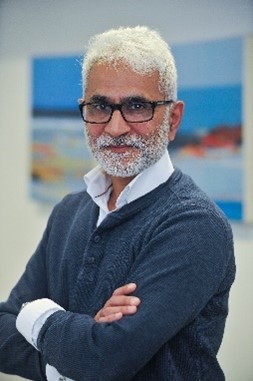
Professor of Genetic Epidemiology and Honorary Consultant Physician at UCL and UCL Hospitals, London
Talk Title: Mandelian Randomization and drug development
Aroon Hingorani is UCL Professor of Genetic Epidemiology; former Director of the UCL Institute of Cardiovascular Science (2011-2021); Cardiovascular Programme Lead for the UCL Hospitals NIHR Biomedical Research Centre; Director of the UCL British Heart Foundation Research Accelerator; and Principal Investigator of the UKRI-NIHR-DHSC funded Multimorbidity Mechanisms and Therapeutics Research Collaborative. He is Consultant Physician at University College London Hospitals NHS Foundation Trust with subspecialty accreditation in Clinical Pharmacology and Therapeutics. He chairs the North Central London Joint Formulary Committee and is an NIHR Senior Investigator.
His current work focuses on the use of genetic studies in populations as a tool to identify and validate drug targets, using the Mendelian randomisation principle, to improve efficiency in pharmaceutical development. He also has an interest in critical evaluation of the use of genomic and biomarker data for disease prediction and stratification and in the causes and management of multimorbidity.
Professor Hingorani has been a member of NICE guideline development groups on the prevention of thromboembolism in hospitalised patients and on lipid lowering for the prevention of cardiovascular disease.
Professor Michael Johnson DPhil FRACP FRCP
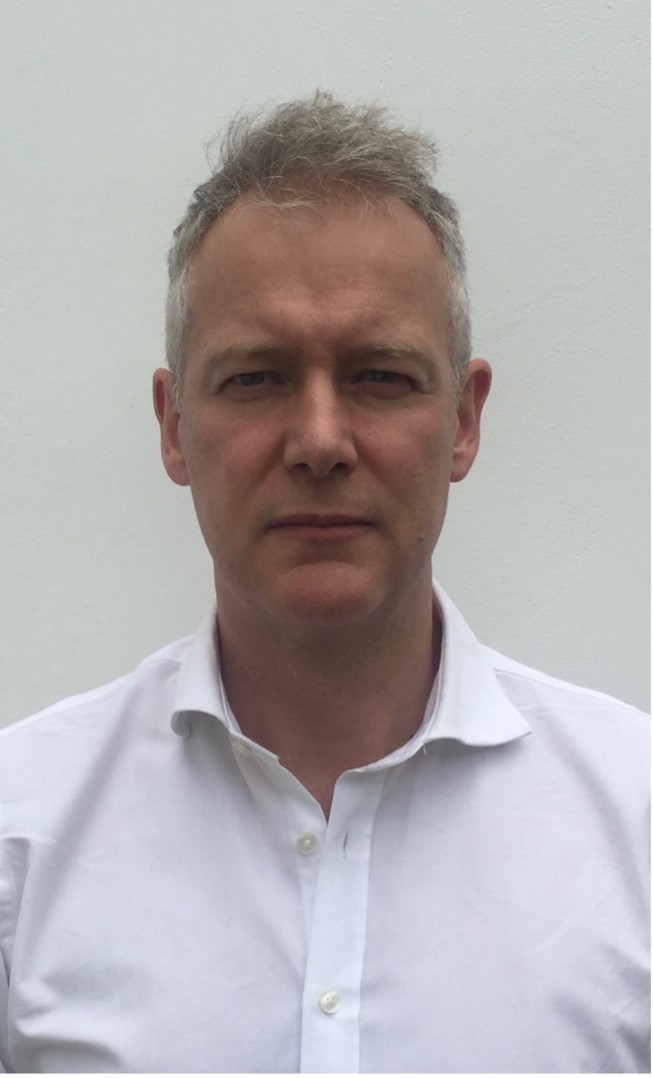 Professor of Neurology and Genomic Medicine at Imperial College London, United Kingdom
Talk Title: Single-cell Mendelian randomization for target and casual biomarker discovery
Professor Johnson is Professor of Neurology and Genomic Medicine at Imperial College London, and Honorary Consultant Neurologist at Imperial College Healthcare. His academic research focuses on systems-level data integration to identify cell-type specific causal genes and biomarkers. His work has resulted in drug target and therapeutic use patent applications, enduring pharma collaborations, and a successful biotech spin-out. He sits on the Executive Management Committee for the Department of Brain Sciences at Imperial College, where he has previously served as Deputy Head of the Division of Clinical Translation and Interim Head of the Division of Neurology. He is Co-Lead for the Advanced Therapeutics theme in the newly created UK Epilepsy Research Institute. His research is funded by the MRC, Parkinson’s UK and several global Pharma including long-term support from UCB and Roche for molecular causal inference.
Professor of Neurology and Genomic Medicine at Imperial College London, United Kingdom
Talk Title: Single-cell Mendelian randomization for target and casual biomarker discovery
Professor Johnson is Professor of Neurology and Genomic Medicine at Imperial College London, and Honorary Consultant Neurologist at Imperial College Healthcare. His academic research focuses on systems-level data integration to identify cell-type specific causal genes and biomarkers. His work has resulted in drug target and therapeutic use patent applications, enduring pharma collaborations, and a successful biotech spin-out. He sits on the Executive Management Committee for the Department of Brain Sciences at Imperial College, where he has previously served as Deputy Head of the Division of Clinical Translation and Interim Head of the Division of Neurology. He is Co-Lead for the Advanced Therapeutics theme in the newly created UK Epilepsy Research Institute. His research is funded by the MRC, Parkinson’s UK and several global Pharma including long-term support from UCB and Roche for molecular causal inference.
Professor Julian Knight

Professor of Genomic Medicine, University of Oxford, United Kingdom
Talk Title: Moving to precision medicine in severe infection using host multi-omics
Julian Knight is Professor of Genomic Medicine at the University of Oxford, Director of the Doctoral Training Programme in Genomic Medicine and Statistics, and a Fellow and Tutor in Medicine at Merton College. Since 2005 he has worked at the Wellcome Centre for Human Genetics as a Principal Investigator and as an Honorary Consultant Physician at the Oxford University Hospitals NHS Trust in internal medicine. He is also Research Director of the Central and South Genomic Medicine Services Alliance. His research investigates the genomics of immunity and how this can determine our individual response to infections such as sepsis and development of autoimmunity.
Dr Julia Carrasco - Zanini Sanchez
.jpg)
Postdoctoral Research Assistant In Computational Genomics and Multiomics, Precision Healthcare University Research Institute, London, United Kingdom
Talk Title: Plasma Proteomics For Screening and Prediction of Diverse Disease
Julia Carrasco-Zanini Sanchez is a postdoctoral researcher in computational genomics and multiomics at Queen Mary’s new Precision Healthcare University Research Institute (PHURI). Julia did her undergraduate degree in Biomedical Sciences at the National Autonomous University in Mexico. She later received her PhD from the University of Cambridge, as part of the Wellcome Trust MRes + PhD programme in Metabolic and Cardiovascular disease. Her thesis focused on the use of broad-capture plasma proteomic technologies for the development of sparse predictive protein signatures and for the identification of candidate causal targets. Julia is now interested in how integration of multiomics with electronic health records can be applied to improve targeted screening, prediction and prognostic strategies for a diverse range of common and rare diseases.
Dr Emma Magavern

Clinical Pharmacology Registrar, Queen Mary University, London, United Kingdom
Talk Title: Pharmacogenomics in cardiovascular medicine: insights from a British-South Asian cohort
Dr Magavern is a Clinical Pharmacology Registrar in London and a PhD candidate at the William Harvey Research Institute, QMUL, working with Professor Mark Caulfield. She completed a BA in English prior to her MD and subsequent MScs in Bioethics and Genomics. Through training in clinical medicine, humanities, genetics and pharmacology she has developed an interest in the scientific merits, clinical potential and implementation challenges of pharmacogenomics. She was co-secretary of the RCP/BPS working group on pharmacogenomics and led the ESC pharmacotherapy working group pharmacogenomics position paper. She is part of the newly appointed NHS England Network of Excellence for Pharmacogenomics.
Professor Dame Sue Hill
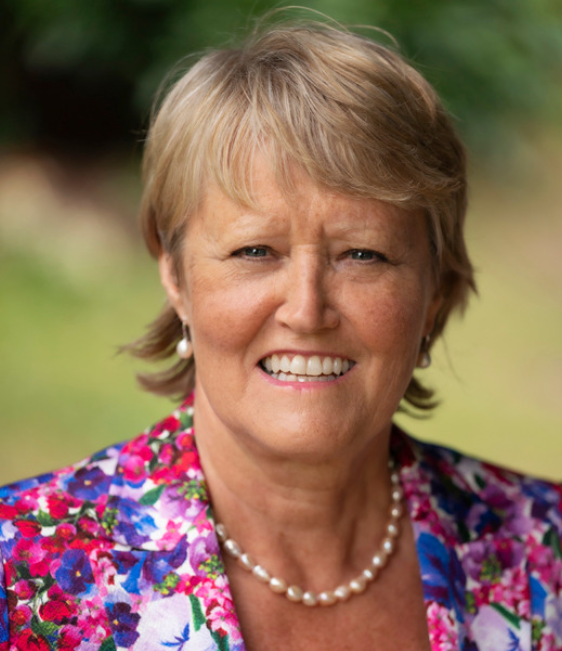
Chief Scientific Officer for England, NHS England, United Kingdom
Talk Title: Accelerating Genomic Medicine in the NHS
Professor Dame Sue Hill DBE FMedSci FRSB FRCP(Hon) FRCPath (Hon) FHCS (Hon) is the Chief Scientific Officer (CSO) for England and the Head of Profession for the scientific workforce and provides scientific leadership and advice for the wider health and care system. A respiratory scientist by background, she has an international academic and clinical research reputation.
As CSO, Dame Sue has been a champion of education and training for the profession, leading the UK wide Modernising Scientific Careers initiative and now the broader NHS diagnostics and cancer workforce and genomics education programmes.
She has led, and continues to lead, large-scale transformation programmes and major policy developments across all levels of the health and care system and across government. Her reputation for championing new ways of working ensures patient outcomes and system improvements are at the heart of her work.
Dame Sue leads and directs Genomics in the NHS, driving the world-leading programme to introduce a nationwide Genomic Medicine Service working in partnership to deliver cutting edge technologies for patient benefit and establishing new collaborations between the NHS and academia, industry and international governments/initiatives. This builds on her work in heading up the NHS contribution to the world-leading 100,000 Genomes Project.
She played a major role in the national COVID-19 response programme leading the development and deployment of testing technologies into use for the UK population and co-directing the globally recognised programme for whole-genome sequencing of SARS-CoV-2.
Dame Sue was made a Dame Commander in 2018 in recognition of the scale of her contribution to British genomics, having previously been awarded an OBE in 2005 in recognition of her services to healthcare science. In 20/21 she was named one of The 80 Most Influential People in English NHS and health policy.
Professor Raghib Ali
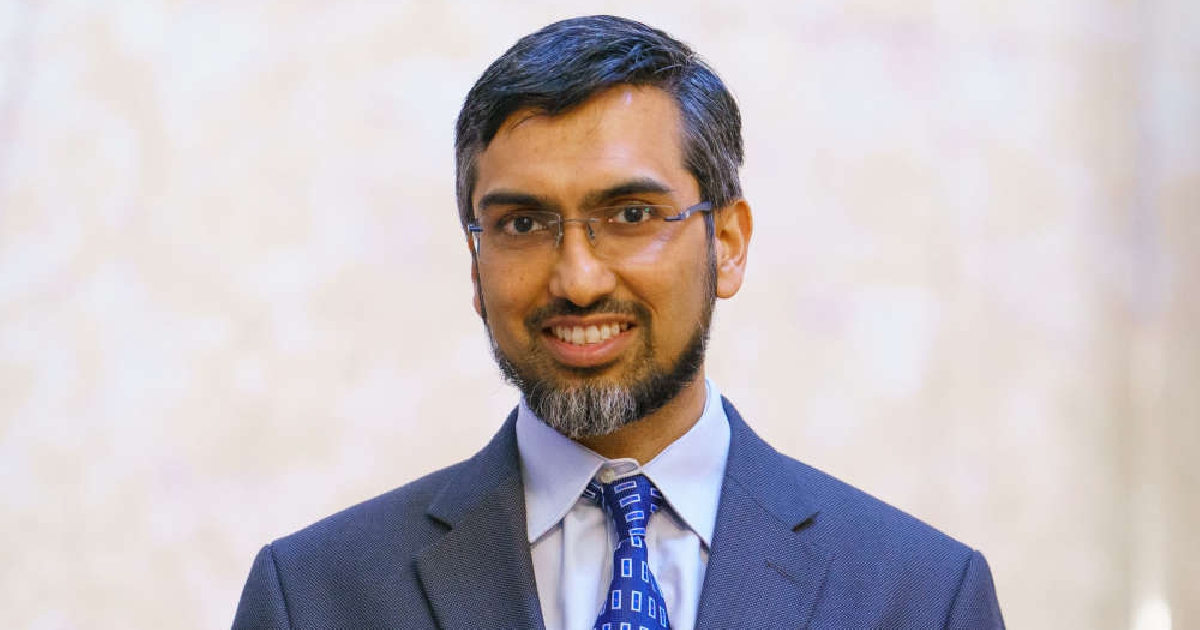
Chief Executive and Chief Medical Officer, Our Future Health
Talk Title: Our Future Health and opportunities for pharmacogenomic and precision public health research
Professor Raghib Ali is the CEO, Chief Investigator and Chief Medical Officer of Our Future Health; a Clinical Epidemiologist at the University of Cambridge; a Consultant in Acute Medicine at the Oxford University Hospitals NHS Trust; and Honorary Consultant with the Office for Health Disparities and Improvement.
He graduated from Cambridge University and has been awarded postgraduate degrees in Epidemiology and Public Health from the Universities of London, Cambridge and Oxford and is a Fellow of the Royal College of Physicians. He has been involved in population health research since 2004 nationally and globally, working firstly on UK Biobank, then leading studies of cancer incidence by ethnic group in England and India from 2005 to 2013 and established the UAE Healthy Future Study, in 2014, for which he is the principal investigator.
He was awarded an OBE in the Queen's Birthday Honours 2022 for services to the NHS and the Covid-19 response and elected as an Honorary Fellow in the Faculty of Public Health, 'the highest accolade the Faculty can bestow and is awarded to those who have given exceptional service to the science, literature or practice of public health' in April 2023.
Dr Nick Wareham
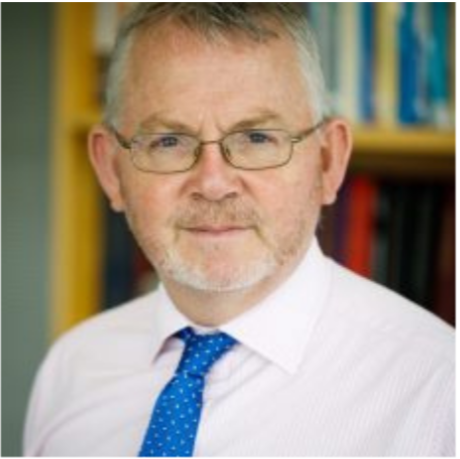
Director, MRC Epidemiology Unit; Co-Director, Institute of Metabolic Science, University of Cambridge
Talk title: The changing landscape of cohort studies in the UK
Nick Wareham is Director of the MRC Epidemiology Unit and Co-Director of the Institute of Metabolic Science, University of Cambridge. He is Chair of the MRC Population Health Sciences Group and has been responsible for reviewing means of supporting the changing landscape of population-based cohorts in the UK.
Verena Zuber

Senior Lecturer in Biostatistics, Imperial College London, UK
Talk title: Mendelian randomisation strengths and limitations
Verena is a Senior Lecturer in Biostatistics at the Department of Epidemiology and Biostatistics at Imperial College, London. Her main research interest is the development of statistical methodology for casual inference and statistical genetics. Her motivation is grounded in translational projects looking into molecular mechanisms, causes of diseases, and how to define efficient intervention and prevention strategies to improve human health.
She has a background in Statistics (MSc, LMU Munich, Germany) and she worked on high-dimensional variable selection for biomarker discovery during her PhD in Biostatistics at the University of Leipzig, Germany. As a research associate, she has gained experience in statistical genetics at the University of Oslo, Norway and at the EBI, Cambridge, UK. Verena then joined the team of Stephen Burgess at the MRC Biostatistics Unit in Cambridge, UK to work on statistical methods for casual inference and in particular, Mendelian randomization.




